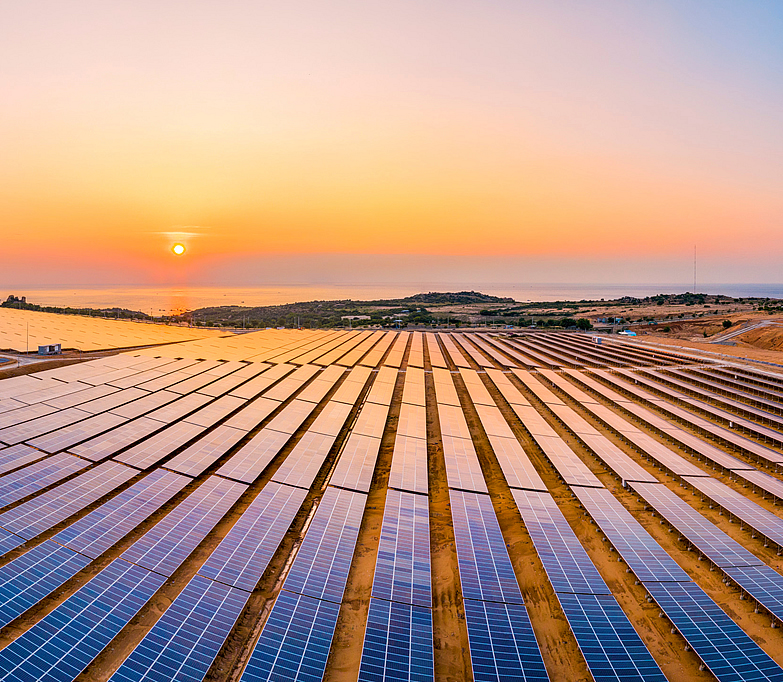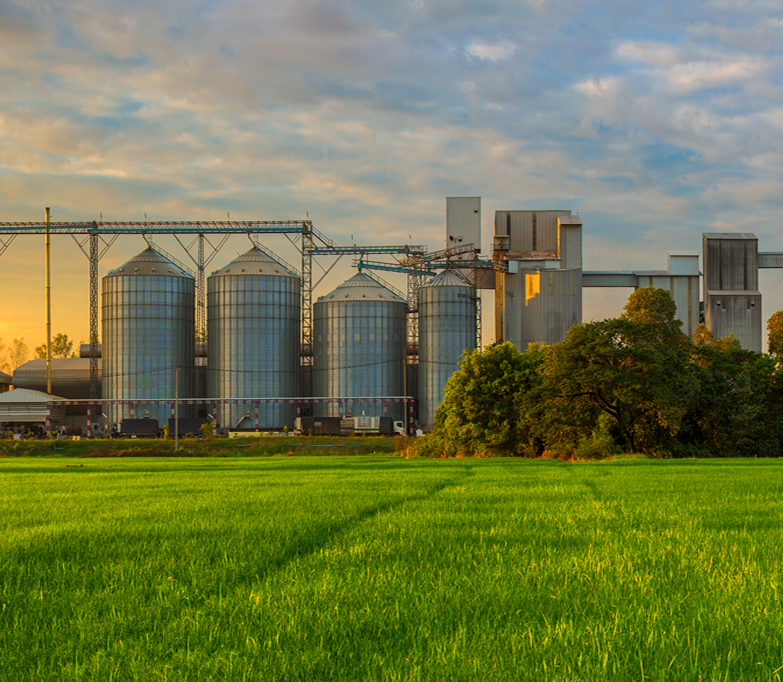Investment Priority Sectors
The Zambian Government welcomes investors across sectors and the laws relating to investment have provided for incentives aimed specifically at increased levels of investment and international trade, as well as increased domestic economic growth. The country’s central location in the region, as well as a combination of the following key strengths makes it an ideal investment location. In its quest to encourage investments in specific sectors the Zambia Development Agency has set up priority sectors listed below.
Mining

Zambia is the world’s seventh largest producer of Copper that produced 861,946 metric tonnes in 2018 and holds six percent of the world’s known Copper reserves. Copper and Cobalt, the Country’s traditional exports, account for well over 70 percent of export earnings. Zambia’s Copper mines are concentrated in the Copperbelt Province, though the past decade has witnessed the establishment of mines in other parts of the Country such as the North-Western Province. Other mineral endowments include Gold, Zinc, Lead, Iron Ore, Manganese, Nickel, Feldspar, sands, Talc, Barite, Apatite, Limestone, Dolomite, Uranium, Coal, and gemstones (e.g. Diamonds, Emeralds, Aquamarine, Topaz, Opal, Agate and Amethysts). Notably, Zambia produces over 20% of the world’s Emeralds with unutilized capacity to increase its production. This extensive range of mineral resources, including a variety of industrial minerals and energy resources such as Uranium, Coal and hydrocarbons present excellent investment opportunities especially in the area of extraction and processing of these minerals.
Tourism

The tourism industry has grown over the past years, with the establishment of hotels in the major tourist centres such as Livingstone and Lusaka. There is vast potential in the Tourism sector in Zambia due to its natural beauty (including the Victoria Falls, which is one of the most renowned beautiful transcendental Seven Natural Wonders of the World) and its wealth of wildlife that have not yet been fully exploited. Other waterfalls include Kalambo, Ngonye, Chishimba,Chipempe, and Ntumbachushi, to mention a few. Zambia has 20 national parks and 34 game management areas with a total of 23 million hectres of land set aside for wildlife conservation. Also, the Country has numerous museums that house priceless historical artifacts such as Lusaka National Museum, Moto-Moto Museum, and Livingstone Museum. Zambia also boasts of various traditional ceremonies that take place at different times of the year where its rich cultural heritage is displayed.
Manufacturing

The manufacturing sector accounts for nearly 8% of the country’s GDP and has been consistently growing due to growing investment in the sector. Engineering, Textiles, Wood & Wood Products, Building Materials, Processed Foods, Chemicals, Leather and Leather Products, Electric Vehicles, Chemicals, Pharmaceuticals, Rubber, Plastic, paper, Tobacco, and Handicrafts are sub-sectors that offer the most opportunities for investment. Currently, the main manufacturing activities in Zambia are the: 1) Food and beverages ; 2) Textile and Leather Industries; 3) Wood and Wood Products; 4) Paper and Paper Products 5) Chemicals, Rubber and Plastic Products 6) Non-metallic mineral products; 7) basic metal products; and 8) Fabricated metal products. The top destinations for Zambian exports in 2016 are China (USS$ 2.14 Bn), India (USS$719 M), South Africa (USS$486 M), United Arab Emirates (USS$ 392 M), and Belgium-Luxemburg (USS$ 297 m).
Energy

Of the installed 2,898 MW electricity generation capacity of Zambia, hydro power is the most important energy source with 2,398 MW (83%), followed by diesel and Coal. Zambia has about 6,000 MW unexploited hydro power potential due to abundant water resources, providing an opportunity for investment in hydro power generation. The demand for electricity has been growing at an average rate of 3% per annum, mainly due to increased economic activity in the Country, especially in the Agriculture, Manufacturing, and Mining sectors, respectively. The Country’s growing population has also led to an increase in the demand for other sources of energy such as petroleum and solar energy for transportation and domestic use especially in rural areas, respectively. The state-owned ZESCO Ltd is the only entity that generates and transmit power, while companies such as the Copperbelt Energy Corporation (CEC) procure power from ZESCO for sell to the mines. The energy sector is regulated by the Energy Regulation Board (ERB).
Agriculture

Zambia is endowed with a large arable land resource base of 42 million hectares of which only 1.5 million hectares is cultivated every year. It has abundant water resources for irrigation, as shown by the Country accounting for 40 percent of the water resource in the SADC region. Given its vast resource endowment, Zambia has huge potential to expand its agricultural production. Its climate follows a similar pattern to that of most Southern African countries, experiencing rainy seasons between the months of November and April. The dry season is characterized by low humidity between the months of May and November. The average temperature in the summer is 30°C and gets as low as 5°C in the winter.
Despite the availability of vast arable land, transport infrastructure, availability of water, cheap labour, as shown by the fact that the Agricultural sector employs more than half of the total labour force, only 10 percent of the arable land is under cultivation. In that regard, the Government has established farming blocks to facilitate investment in Agriculture.
